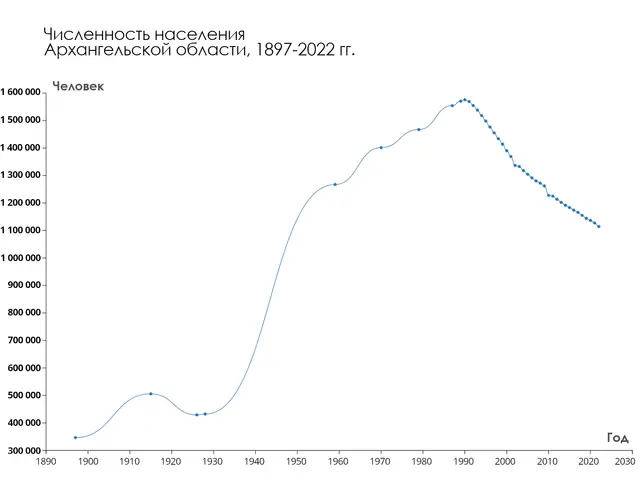Engage institutions of practical higher education in the teacher training process - Incorporating Technical Schools in Education for Teacher Preparation
Unleashing the Potential of Universities of Applied Sciences in Teacher Training
The Left Party in Thuringia is advocating for a change in how vocational school teachers are trained, proposing that Universities of Applied Sciences (UoAS) collaborate more closely with universities to educate these future educators. Christian Schaft, chairman of the Left Party’s parliamentary group, shared this proposal with the German Press Agency, citing the UoAS’ expertise in the industrial-technical field as a valuable, currently untapped resource.
While such cooperation often requires initial state funding, Schaft believes that the investment is worthwhile. Comparing the situation to university collaborations in the IT field, he emphasized that initial costs are typically outweighed by long-term benefits. "If the universities express a willingness to develop new educational formats, they ought to receive the corresponding start-up funding," Schaft stated.
There's been a growing narrative in Thuringia about how to structure university financing in the near future. In this context, the design of a new framework agreement between the state and universities is under discussion.
Thuringia’s current teacher training is primarily the responsibility of the universities in Jena and Erfurt, where the relevant programs are offered. Some cooperation with the University of Music in Weimar for certain teaching degrees already exists. The Education Minister, Christian Tischner (CDU), has hinted at requiring universities that train teachers to take on more teacher training in return for state funds.
As the time pressure to finalize the new framework agreement grows, Schaft remains optimistic that a decision can be made this year. "With unnecessary delays avoided, that’s certainly plausible," he said. The universities need financial security for the coming years to ensure their continued operation. "The issue must not be postponed."
Beyond general schools, many vocational schools in Thuringia are also in dire need of additional teachers.
Incorporating Universities of Applied Sciences into teacher training could potentially bring numerous advantages, such as an increased focus on practical skills, more industry-relevant curriculum, stronger partnerships between educational institutions and industry partners, and the introduction of innovative teaching methods. However, without specific details on the proposal, it's challenging to assess its exact impact on vocational education in Thuringia.
In the context of Thuringia's plans for university financing and the impending new framework agreement, the Left Party suggests incorporating vocational training in Universities of Applied Sciences (UoAS) as a means to improve teacher training, offering benefits like an increased focus on practical skills, industry-relevant curriculum, and innovative teaching methods. This education-and-self-development issue extends beyond general schools and involves vocational schools in Thuringia that are struggling to find additional teachers. In the realm of politics, such a shift could potentially have a substantial impact on the state's general news narrative regarding education.






